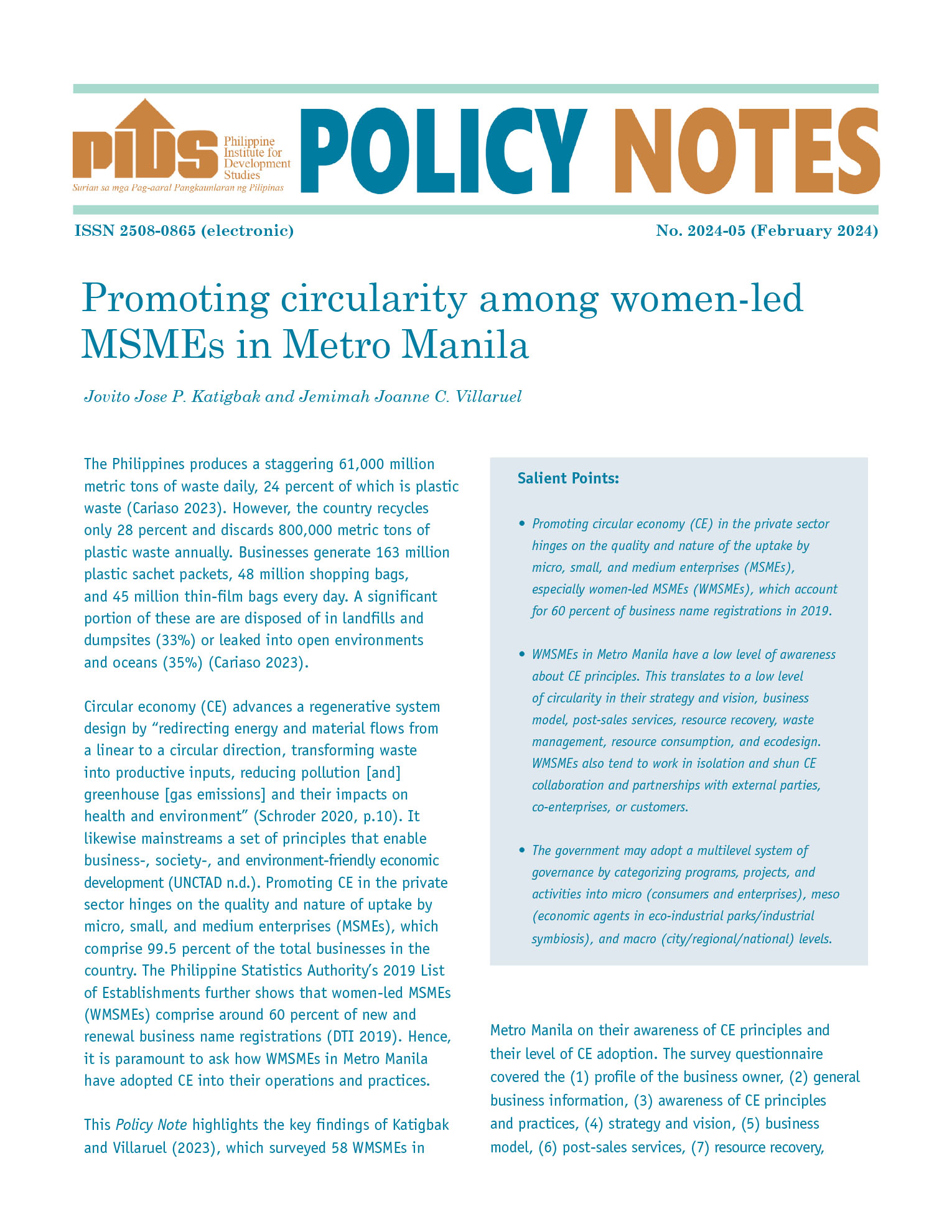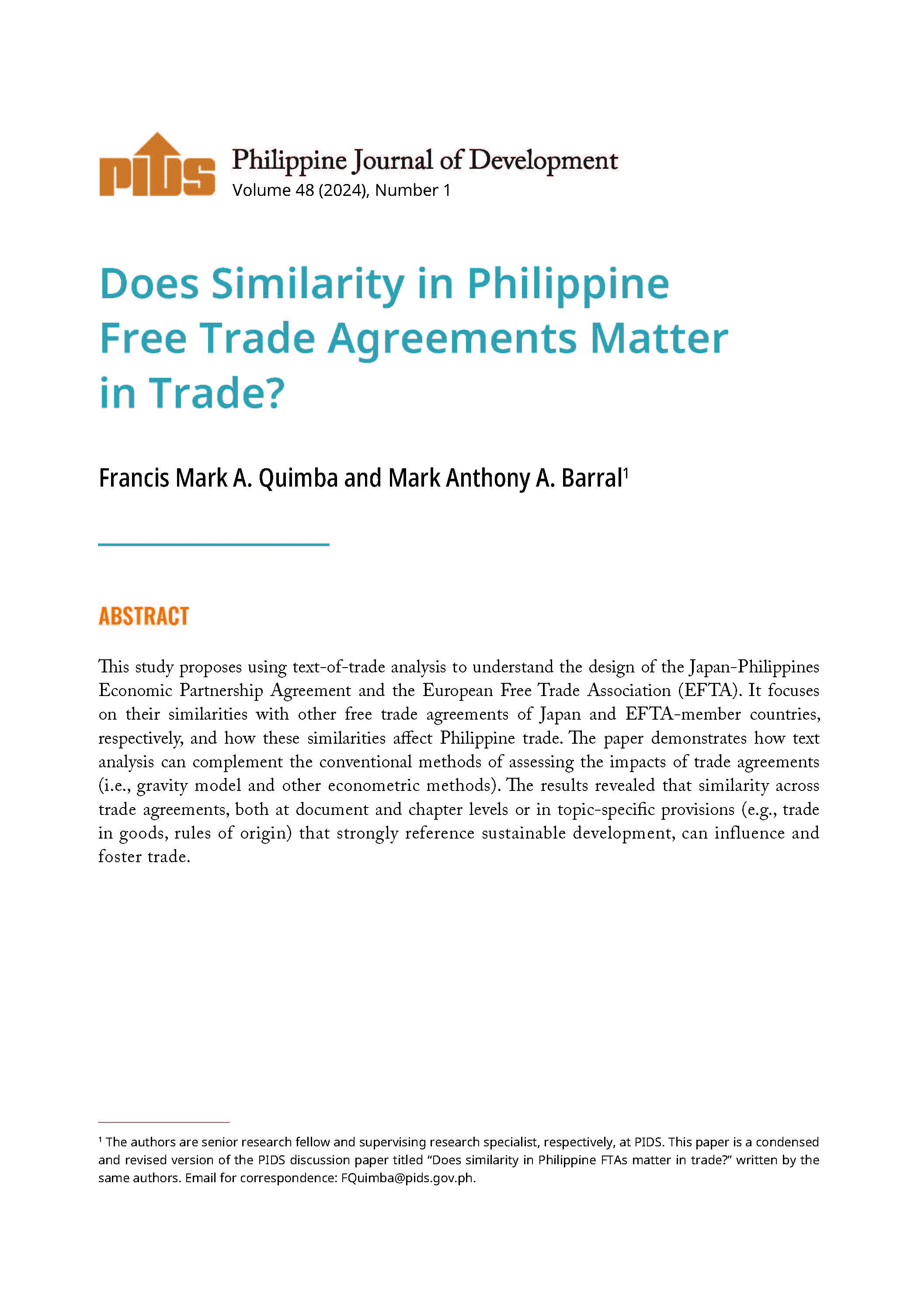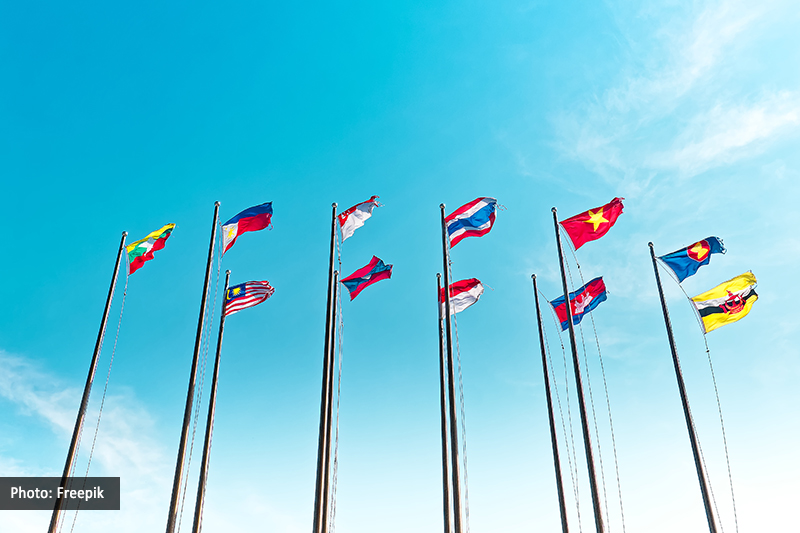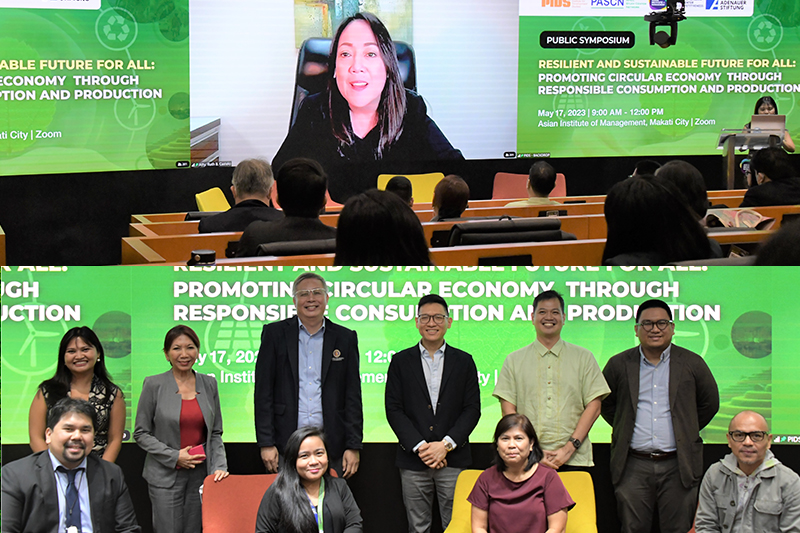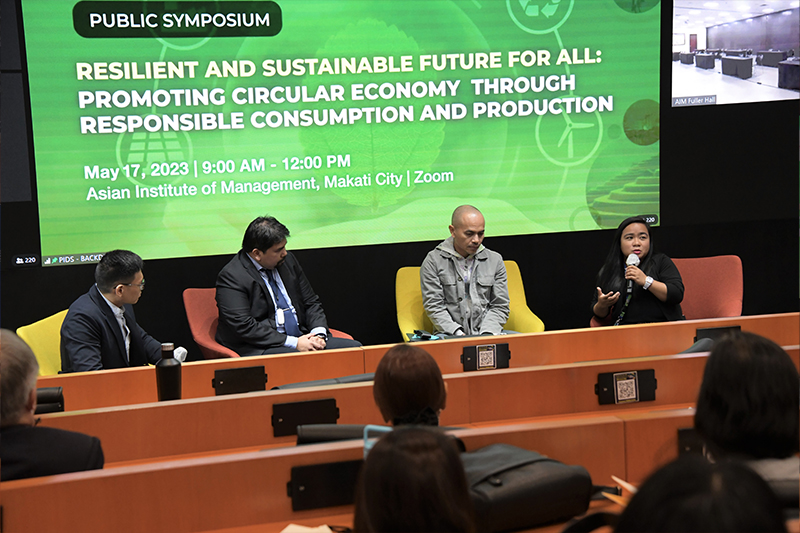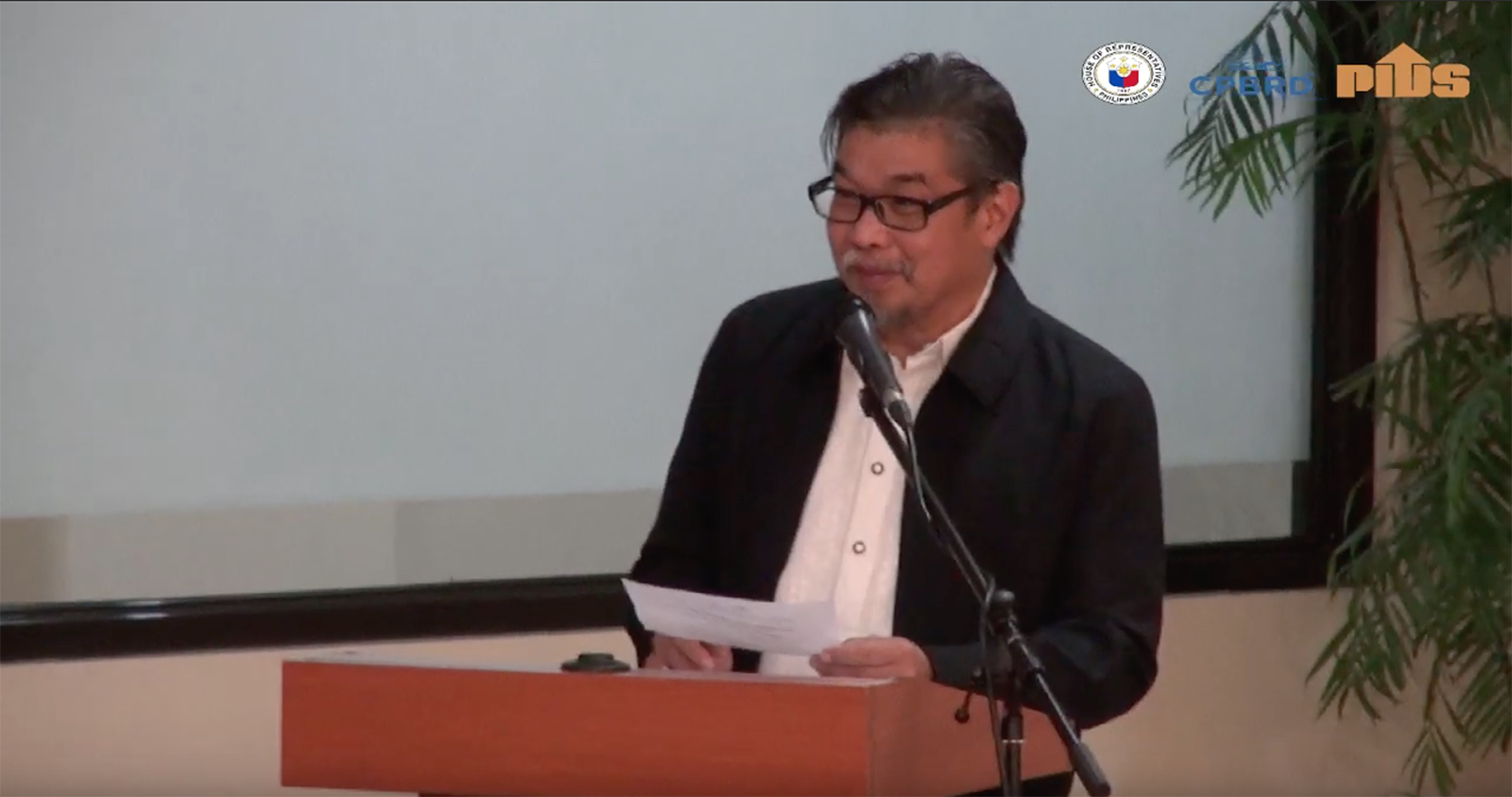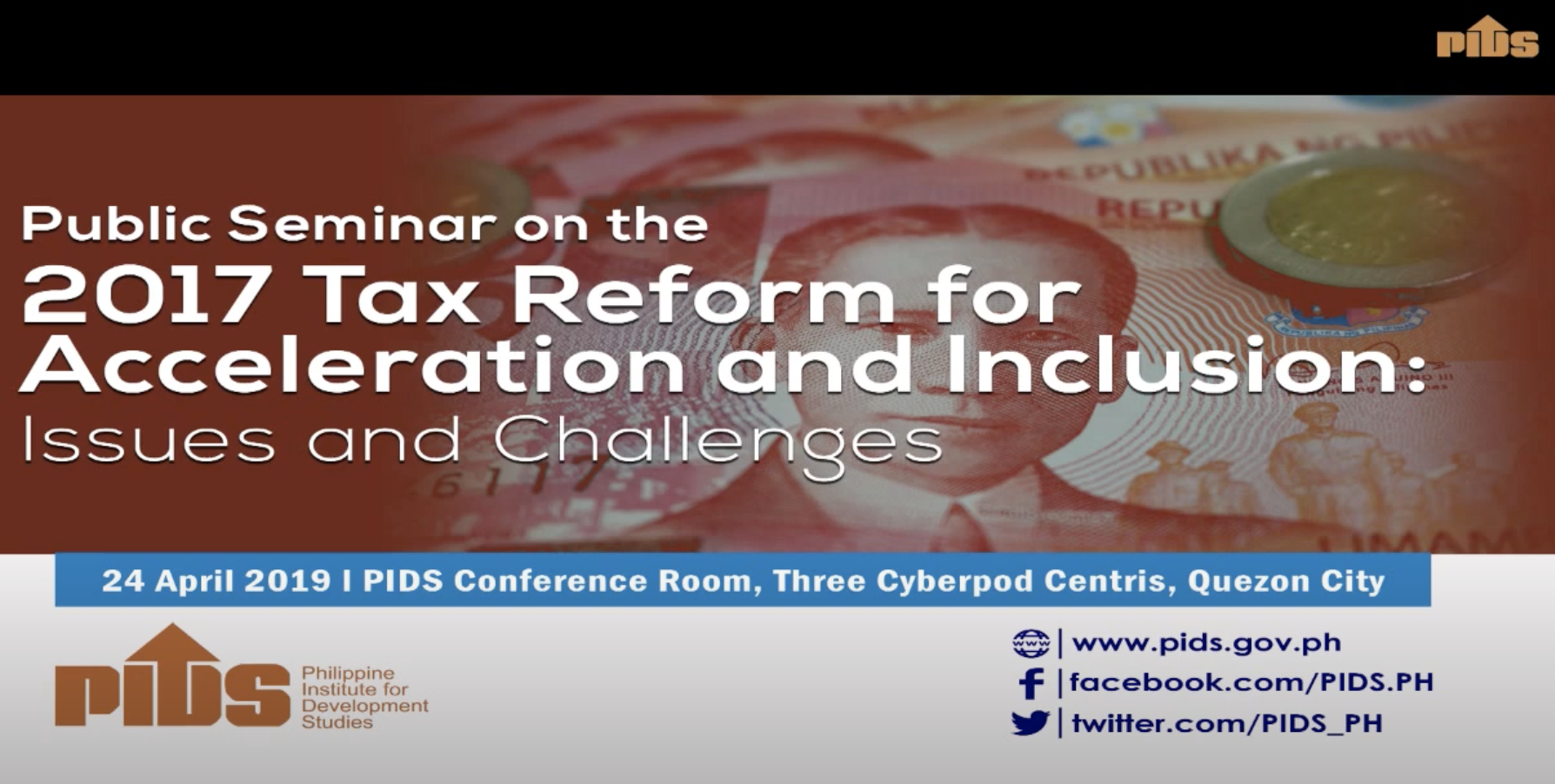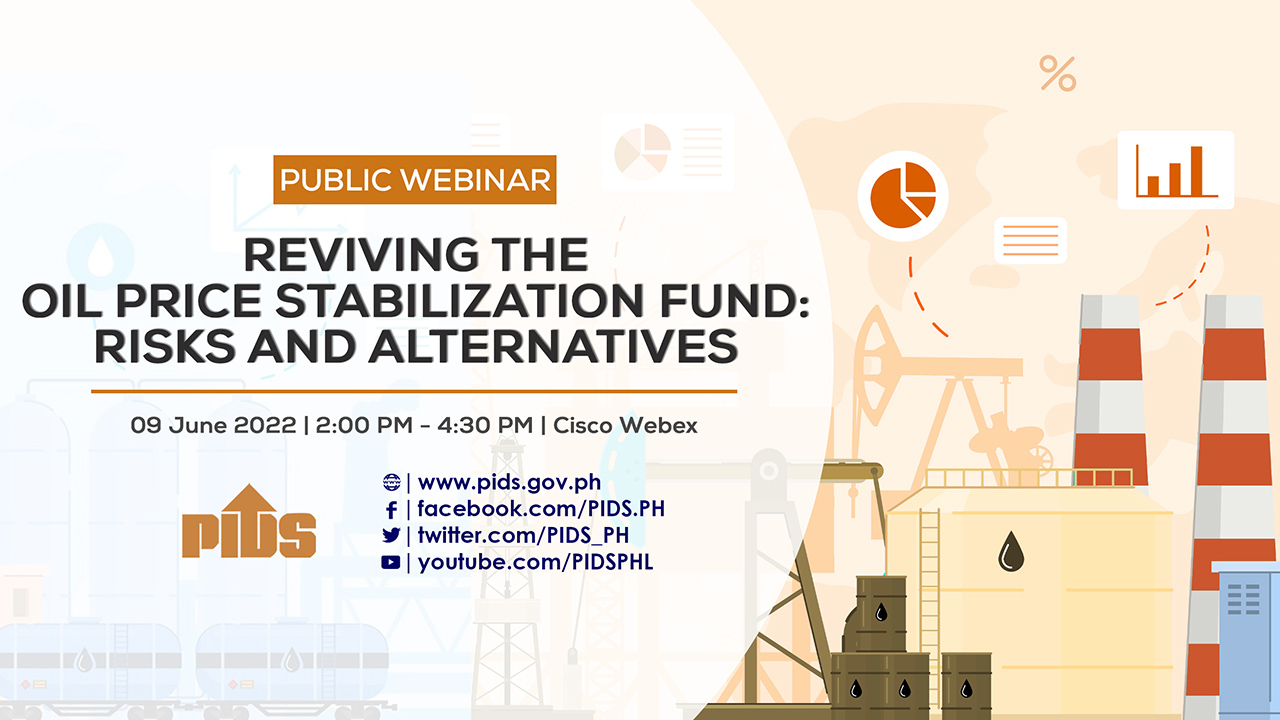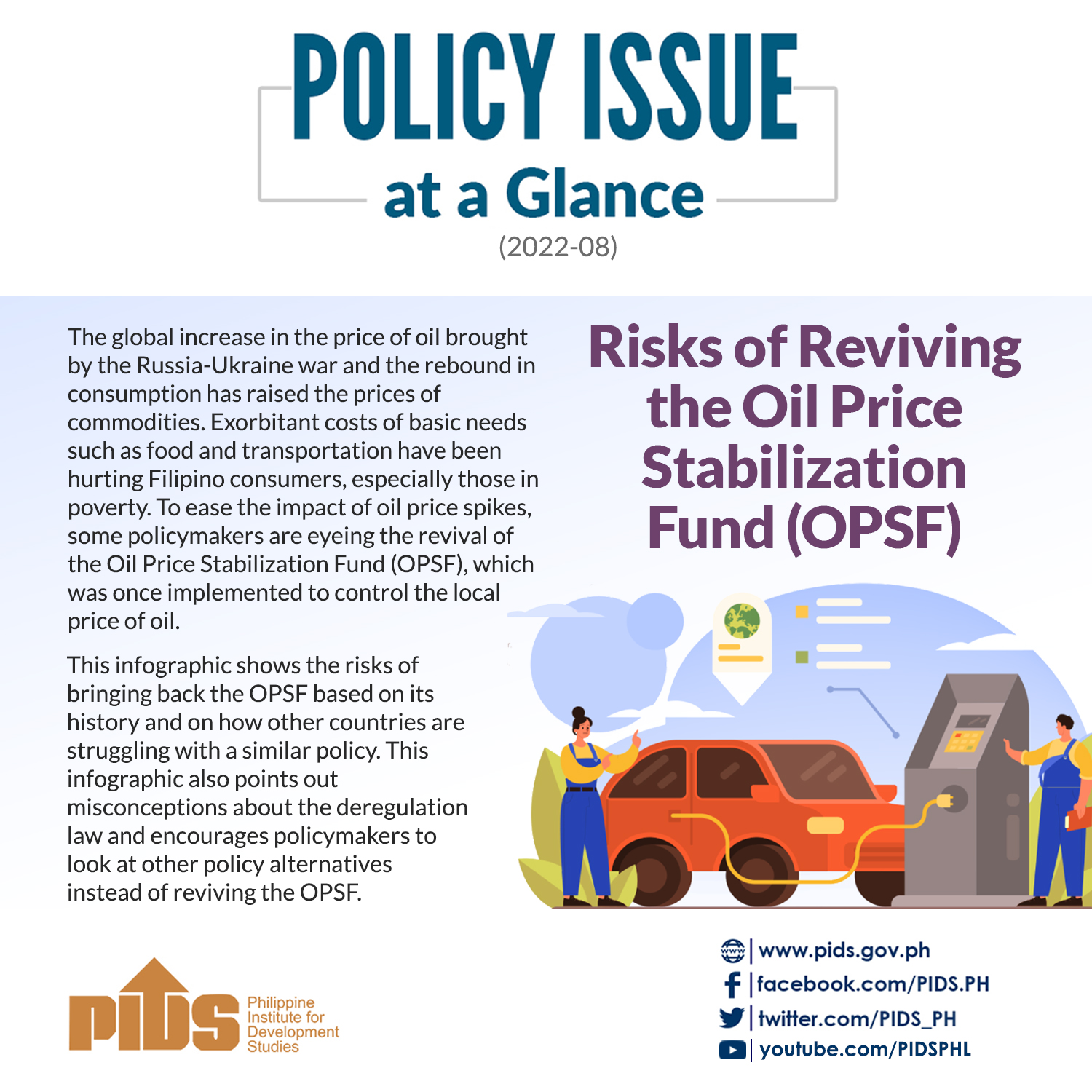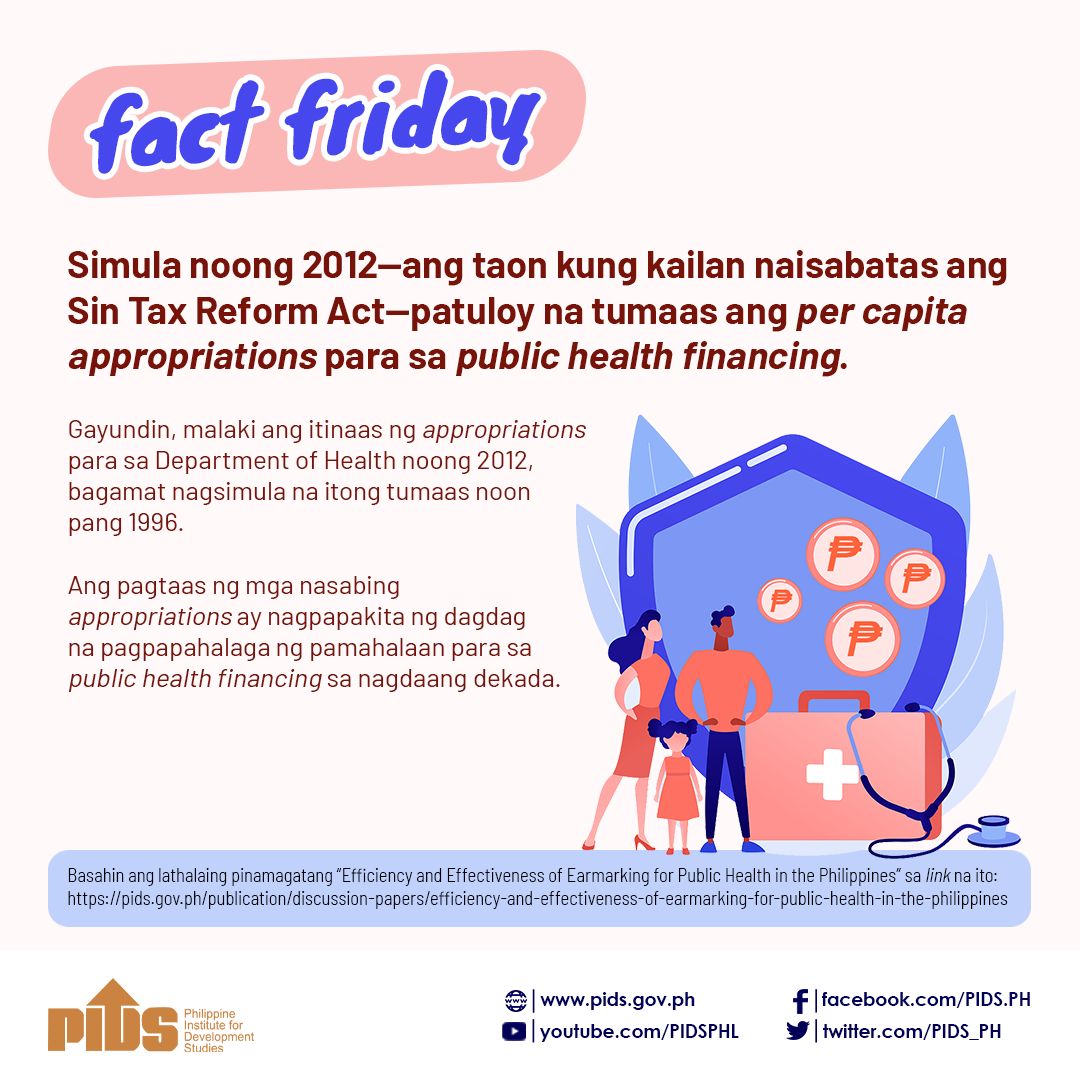A NATIONAL lawmaker rues the passage of Train Law because of the excise tax being imposed on oil and other petroleum products.
Senator Risa Hontiveros, during an ambush interview at the sideline of her Coop-Natcco Party-List sortie in Toril, Davao City, on March 14, said the public and the government failed to foresee situations that we have no control over like the Ukraine-Russia conflict that triggers exponential price increases in petroleum products.
May package of responses (tayo) na nuon pa pino-propose, like... kaya ako bumoto ng No sa Train Law kay gusto ko sana magpasok ng amyenda na sana tanggalin na ang excise tax sa langis at saka sa petroleum products, she said when asked for the Senates intervention on the looming and continuous oil price hike.
She added that the government should at least have protective mechanisms for the public especially for the low-income wage earners and consumers who are the most affected sector of the fuel price hike.
On Tuesday, March 15, oil companies have increased their prices anew with big oil brands prices range from P80 to P83 per liter in Davao City, while smaller ones range from P70 to P73 a liter.
It can be recalled that Tuesdays price increase is the third oil price increase for the month of March alone.
Because of the incessant fuel price hike, the lady senator urged the government to temporarily suspend the excise tax being imposed on fuel and other petroleum products until the oil crisis is over.
According to the Bureau of Internal Revenue website, excise tax refers to a tax on the production, sale or consumption of a commodity in a country.
It applies to all goods manufactured or produced in the Philippines for domestic sale or consumption or for any other disposition and imported ones.
Excise tax on petrol products after RA 10963 or Train Law was passed varies. For naphtha, regular gasoline, pyrolysis gasoline and other similar products of distillation, the implemented excise tax beginning January 2018 to December 2018 was at P7. It increased to P9 beginning January 2019 to December 2019. And in January 2020, the excise tax is at P10 per liter of volume capacity.
It is also the same with unleaded gasoline.
Meanwhile, for diesel fuel oil, and on similar fuel oils having more or less the same generating power, the implemented excise tax after the Train Law took effect started at P2.50 in January 2018. It increased to P4.50 in January 2019 and increased even further at P6 in January 2020 per liter of volume capacity.
Hontiveros also asked the government to revisit the countrys oil deregulation law.
Kay that is another area na pwedeng maglagay ng protective mechanism na may mandate ang gobyerno on behalf of the people, she added.
Among the provisions of RA 8479, more commonly known as Oil Deregulation Law, is that It shall be the policy of the State to liberalize and deregulate the downstream oil industry in order to ensure a truly competitive market under a regime of fair prices, adequate and continuous supply of environmentally-clean and high-quality petroleum products. To this end, the State shall promote and encourage the entry of new participants in the downstream oil industry, and introduce adequate measures to ensure the attainment of these goals.
In the early days of March, it was reported that President Rodrigo Duterte requested the Congress to review the nations oil deregulation law so that the government will have the power to intervene in the event of a continuous and long period of increases in oil prices.
According to Philippine Institute for Development Studies, in its Economic Issue of the Day February 2020 issue, there are four major reasons why the oil industry was deregulated: to stabilize and provide reasonable prices; to encourage competition; to encourage investments, and to remove cross product subsidies.
However, its findings show that after deregulation took effect, prices of petroleum products still continued to rise, but it was not totally a result of deregulation.
The country has been experiencing oil price increases even before deregulation took effect. The reason: we are a net importer of petroleum. Thus, when prices of petroleum products abroad increase, the local oil industry has little choice but to adopt the rise in prices. The bottom line is increasing oil prices are due to the increases in the world price of oil compounded by the depreciating value of the peso, PIDS said in its report.


